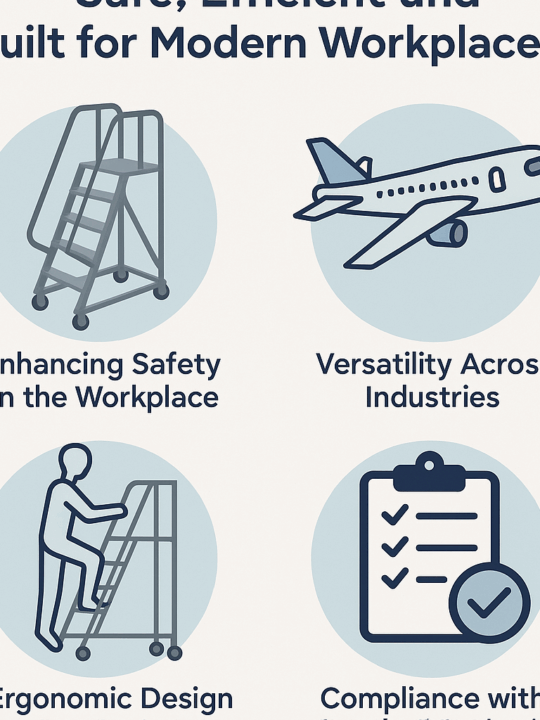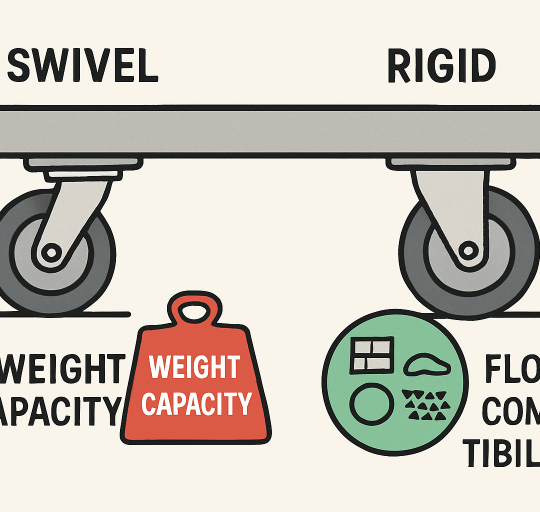The landscape of the business world is continually changing, and business owners and managers need to be up to date with new rules and legislations. Human resource regulations are put into effect, and employers and employees must follow proper workplace health and safety. Here are five commonly overlooked business regulations that your business can’t afford to miss:

Affordable Care Act (ACA)
The ACA reporting means all small and medium-sized companies need to file more paperwork and document their coverage options better to stay compliant. Employers are required to meet each item when they are creating plans, or they could face penalties.
Overtime Pay
Smaller businesses are startups that require employees to work in multiple roles in the office, which might require long hours of work may need to review how they are classifying their employee’s titles, such as salaried, hourly, or independent contractors. Business owners need to carefully organize their workers correctly to avoid any costly fines or lawsuits.
Paid Leave
Human resource laws are changing around paid time off and gaining attention in the media as the rules get more complicated. However, from state to state, employers are beginning to embrace a more generous paid leave policies. Giving employees paid time off is a way to create a better work-life balance and stay compliant with human resource laws.
Equal Pay
Pay gaps has been an ongoing issue, but human resource laws are changing. State to state, penalties and requirements vary, but employers need to be prepared for better standards when it comes to documenting and justifying their business pay structure.
Commuter Benefits
Human resource laws are changing for employers with more than 20 full-time employees to offer commuter benefits. Commuter benefits are a regulation all businesses should consider proving. They are tax-free and can save employers and employees money. Considering this legislation keeps your business compliant and employees happy.
How do You Keep Up with Regulations?
Keeping up with the quickly changing business regulations can be hard for a business to do. Especially a small or medium business that does not have the overhead for a human resource department. This is when a professional employment organization (PEO) should be considered. A PEO company enters into a co-employer relationship with your business, and focuses on your employees. PEO organizations will handle payroll, tax filings, providing and managing benefits, hiring and terminating employees, and compliance support to help your company from ever being uncompliant or face legal issues. Here are the benefits of using a PEO include insurance savins, paperwork reduction, benefit package offering, compliance support, payroll processing, recruiting, legal support, and training. PEO companies provide valuable advice on employment-related federal, state, and local government regulations. PEO professionals develop solutions and strategies if issues are ever to arise between your company and employees. Retire At 21 has a list of the best PEO companies that can help your business navigate tricky human resource laws and regulations.
Final Thoughts
A PEO company can be beneficial to your company and help you not overlook costly business regulations. PEOs help keep your business on track and help create human resource strategies that align with your companies policies and goals.







